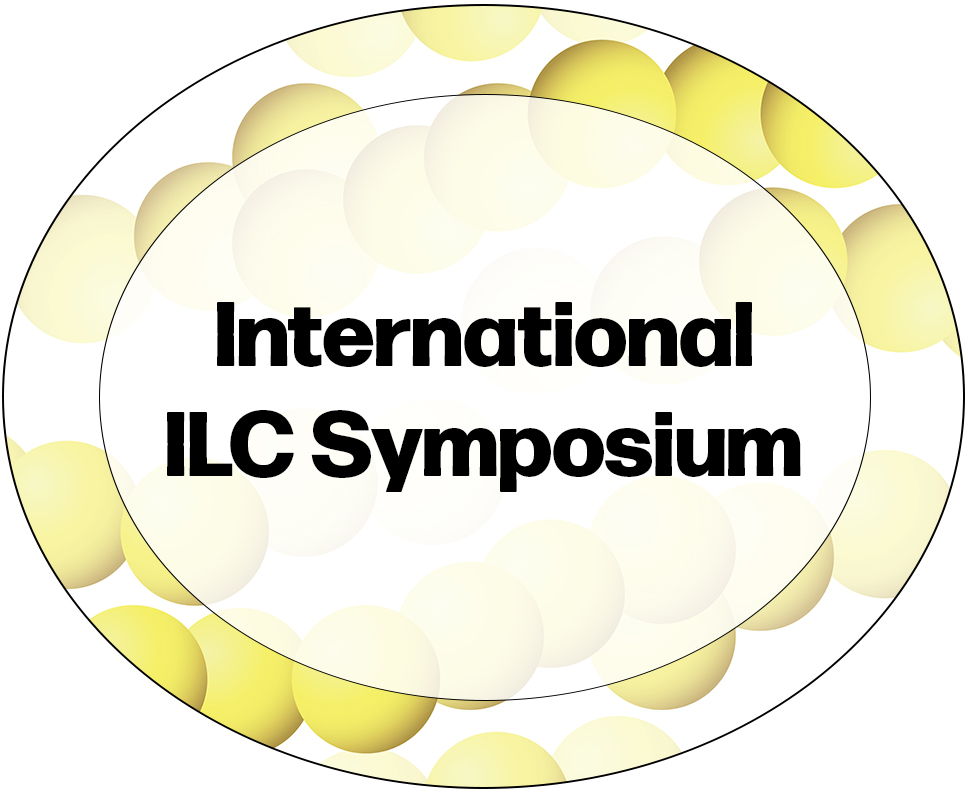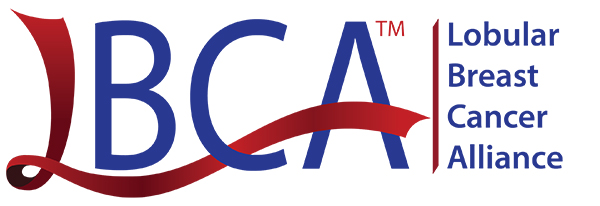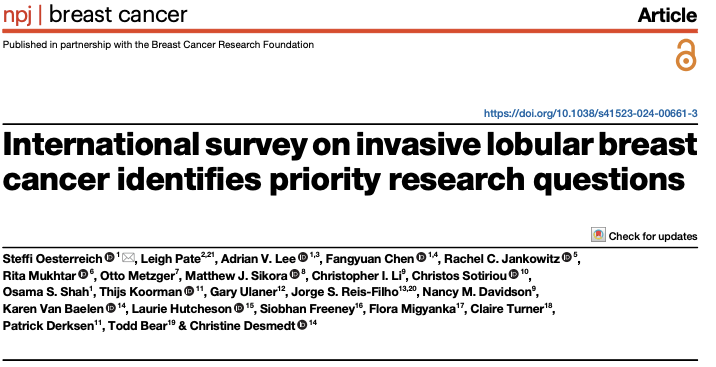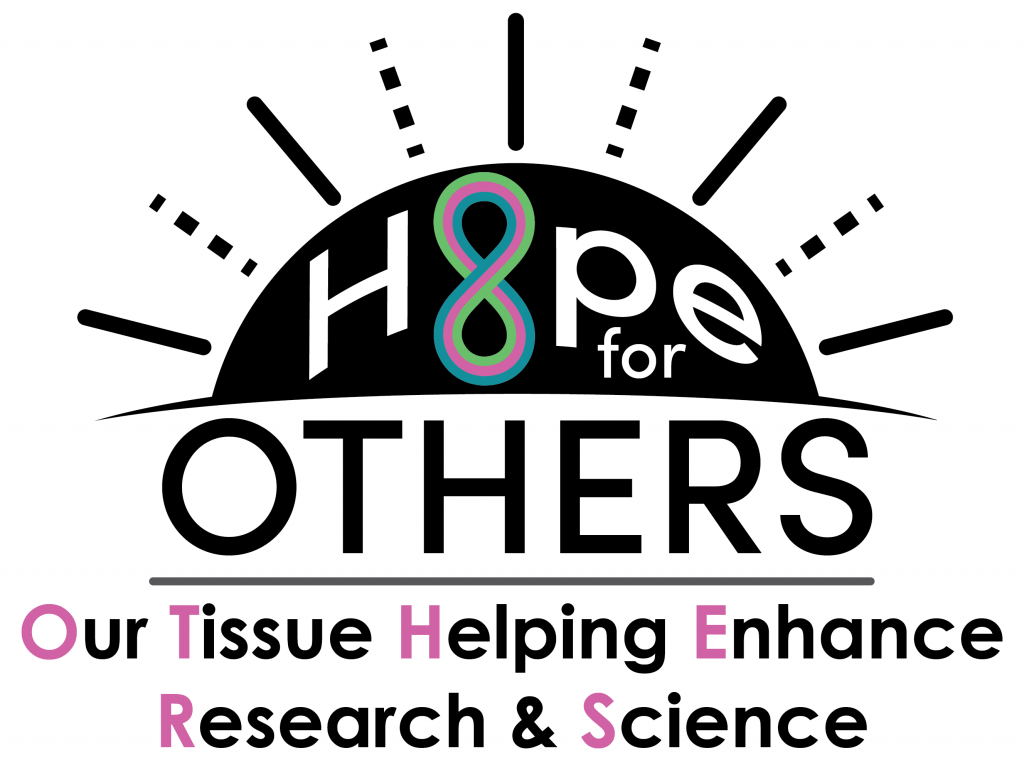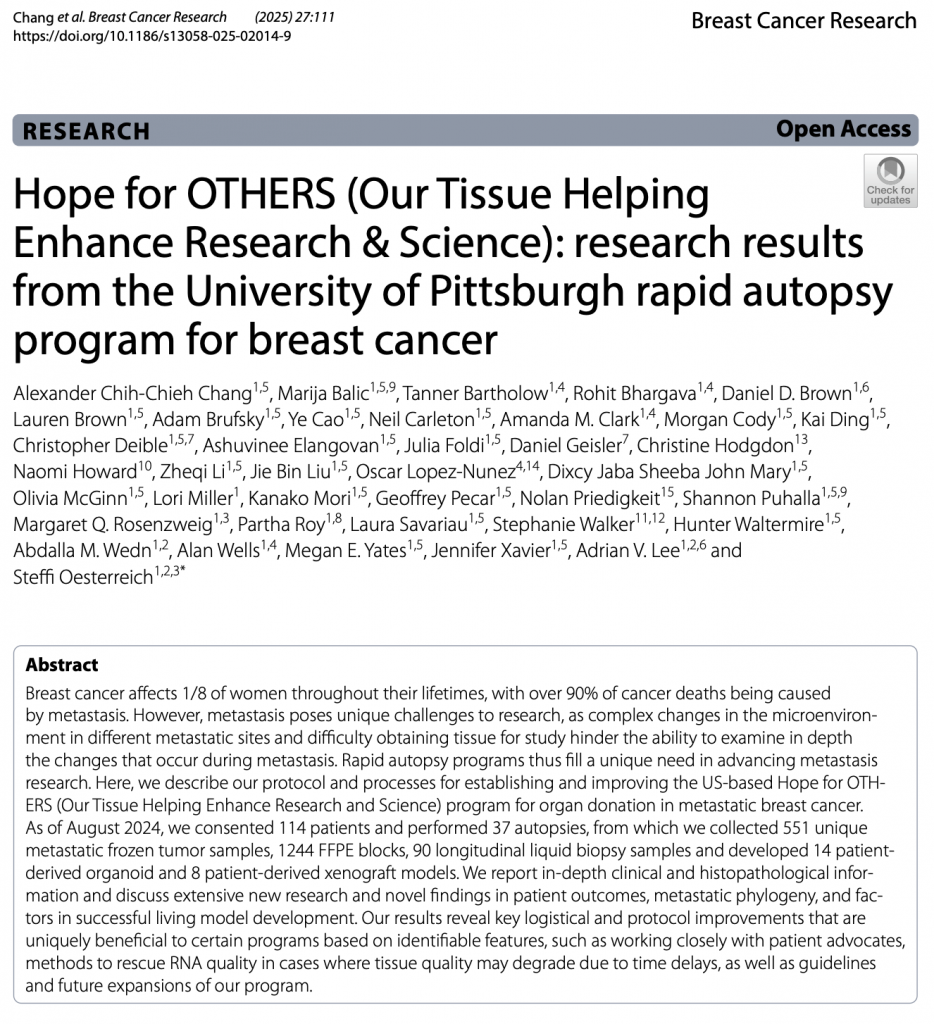Information for Patients and Advocates
Our Commitment to Patient Partnership
Our program at the UPMC Hillman Cancer Center and https://www.upmc.com/locations/hospitals/magee has long championed collaborative, patient-centered research in Invasive Lobular Carcinoma (ILC). Our group integrates patient advocacy, clinical research, and global partnerships to accelerate discovery and improve outcomes for individuals affected by this distinct subtype of breast cancer.
Building Advocacy Networks: From Pittsburgh to the World
The roots of ILC advocacy trace back to Pittsburgh, where the first International ILC Symposium in 2016 convened over 130 researchers, clinicians, and 30 advocates. Advocacy in lobular breast cancer extends beyond awareness, it encompasses patient leaders, caregivers, clinicians, and scientists working collaboratively to transform care, policy, and research. Effective advocacy ensures that every newly diagnosed individual has access to accurate, subtype-specific information and equitable opportunities to participate in research.
The Lobular Breast Cancer Alliance (LBCA)
Founded in 2016 by the late Leigh Pate, together with other patient advocates, following the inaugural International ILC Symposium in Pittsburgh, the Lobular Breast Cancer Alliance (LBCA) has become the leading global voice for ILC advocacy. Collaborating closely with researchers including Drs. Steffi Oesterreich and Rachel Jankowitz, Pate and early partners established LBCA’s foundational white paper outlining the urgent need for ILC-focused research and education. By late 2017, LBCA was publicly launched as a nonprofit with a Scientific Advisory Board, curated clinical trial listings, and plain-language educational resources. LBCA showed its first Poster at 2027 SABCS, clearly defining its mission and goals.
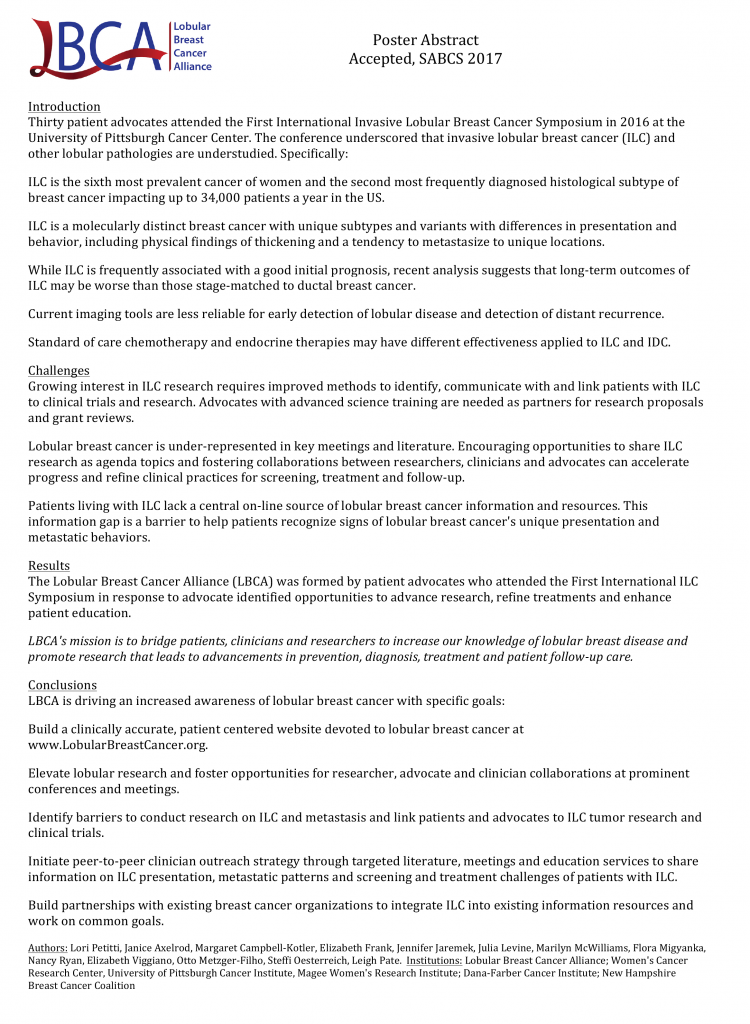
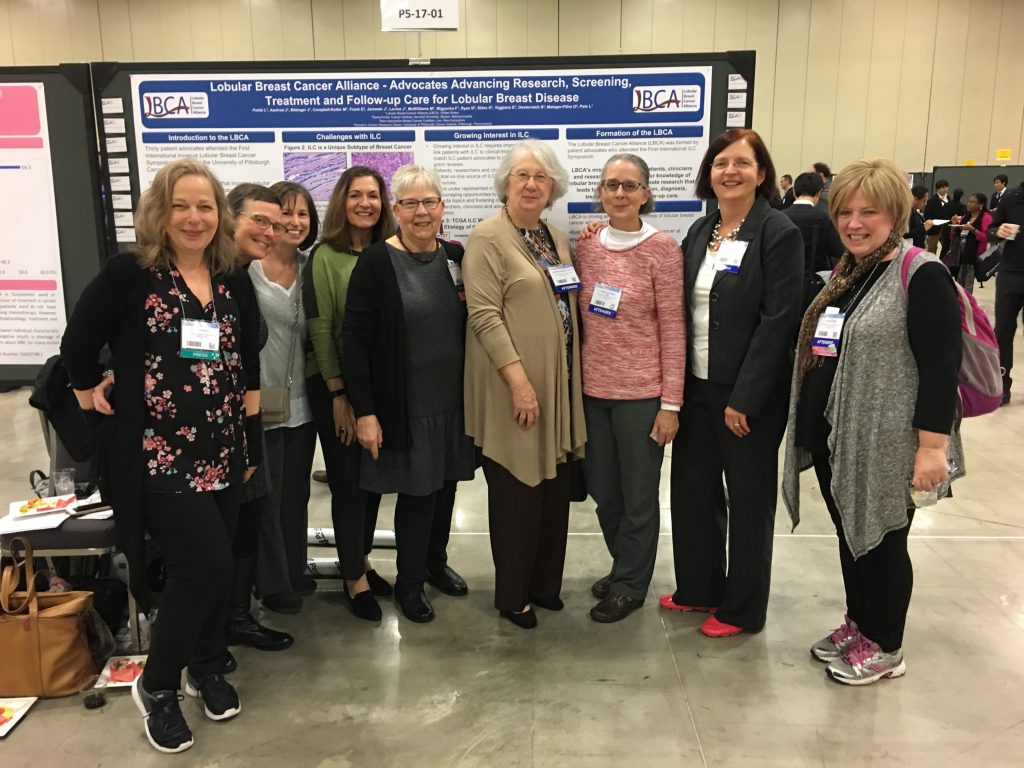
Today, LBCA is internationally recognized as the flagship patient-led organization for ILC. It advances research through pilot grants, educational webinars, and international meetings while maintaining the only continuously updated ILC-specific clinical trial navigator. LBCA co-hosts the biennial International ILC Research Symposium with leading cancer centers worldwide.
Local and Global advocacy
A number of local networks in Pittsburgh such as the Breast Cancer Research Advocacy Network (bcRAN) remain integral to sustaining the movement—organizing symposia, mentoring patients, and shaping policy. As part of the Great Lakes Breast Cancer Consortium we are also working on establishing a GLBC ILC advocacy network.
Globally, patient-driven initiatives such as the European Lobular Breast Cancer Consortium (ELBCC), Lobular Breast Cancer UK, Lobular Ireland, and Dynami, and national networks in Canada and Australia continue to expand advocacy and research efforts, ensuring that the lobular community remains represented in international forums. An international group (GlobMob) whose members have supported the inclusion of the ILC advocacy missions into the ILC Symposia.
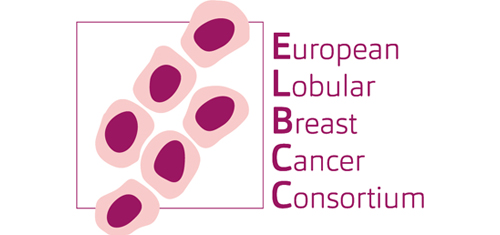
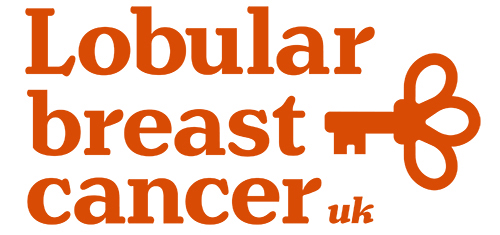
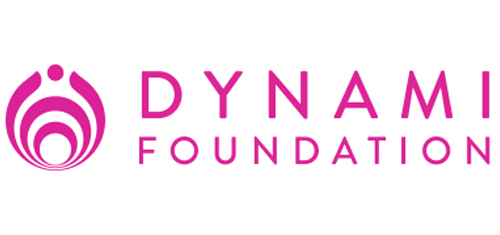

The Lee/Oesterreich Lab at UPMC Hillman Cancer Center and the University of Pittsburgh – led by Drs. Steffi Oesterreich and Adrian Lee – has been a driving force behind research and advocacy in Invasive Lobular Carcinoma (ILC). Recognizing that ILC behaves differently than other breast cancers, they have launched global efforts to improve awareness, research, and care for this unique subtype.
Integrating Advocates in Research
Our laboratory values the role of advocates as essential partners in discovery. From research prioritization to biobanking, advocates contribute insight, oversight, and inspiration.
The Leigh Pate Legacy Project & BCRF Collaboration
In honor of the late Leigh Pate, the Lee-Oesterreich Lab partnered with the Breast Cancer Research Foundation (BCRF) to establish the Leigh Pate Living Biorepository, a patient-derived organoid (PDO) biobank with comprehensive omics/clinical data on associated clinical samples.

Engaging ILC Advocates into Team Science
The Pittsburgh ILC Program of Excellence has also started to work with other ILC investigators and local, national and international ILC advocates to help us in defining specific research questions that can be submitted for funding of team science applications.
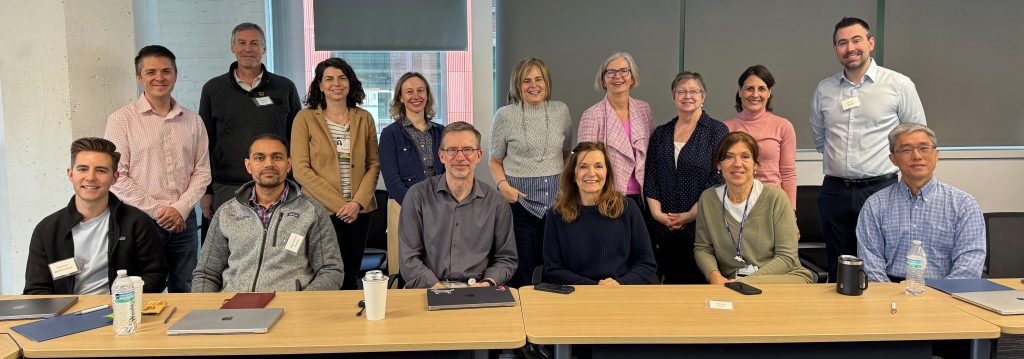
Global ILC Research Agenda
Together with international collaborators and patient advocates, our team co-led the first International ILC Research Survey, capturing insights from nearly 1,800 respondents. Results published in NPJ Breast Cancer now guide global ILC research priorities across biology, clinical trials, and patient care. A more recent survey on misdiagnoses in patients with metastatic ILC will be presented at 2025 SABCS. This was led by Dr. Adrian Lee, with support from ILC patient advocates.
Hope for OTHERS: A Legacy of Tissue Donation
The Hope for OTHERS (Our Tissue Helping Enhance Research & Science) program is a patient-driven rapid autopsy initiative that provides invaluable metastatic breast cancer tissue to researchers. This collaboration between advocates, clinicians, and scientists at UPMC Hillman Cancer Center and Magee Womens Hospital enables investigation of treatment resistance and disease progression, honoring the generosity of donors and their families. The program has recently been summarized in Chang et al. https://pubmed.ncbi.nlm.nih.gov/40537829/
As part of our efforts to improve understanding of metastatic ILC , the HfO program collaborates closely with the UPTIDER program at KU Leuven.
How to Get Involved
Patient advocates, caregivers, and researchers can all play a role in advancing lobular breast cancer research and awareness:
- Participate in ILC-specific clinical trials and registries.
- Learn more about tissue donation
- Share your story via LBCA’s ‘ILC Stories’ or community blogs.
- Join training and policy programs through NBCC or Susan G. Komen or, just contact us and we will point you in the right direction.
Current Clinical Trials in ILC
The Lobular Breast Cancer Alliance (LBCA) maintains the most current global registry of ILC-focused and ILC-enriched clinical studies. Representative examples include trials focused on diagnostic imaging, ctDNA monitoring, endocrine therapy resistance, and novel therapeutic interventions.
- Ga DOTA‑5G PET/CT Imaging in Metastatic/Advanced ILC – Phase I diagnostic imaging study (UC Davis).
- LBC‑Monitor (NCT06666439) – ctDNA to track metastatic ILC response (Magee‑Womens, UPMC).
- Biomarkers of Endocrine Therapy Response (NCT06067503) – Imaging + liquid biopsy pilot (UW Carbone).
- FES vs FDG PET/CT Imaging Study (NCT06557148) – Phase II imaging comparison (MSK Cancer Center).
- Neoadjuvant Neratinib for HER2‑Mutated ILC (NCT05919108) – Phase II, multi‑site.
- PLUMB Registry (NCT05964504) – Prospective liquid‑biopsy registry for metastatic ILC.
- REPLOT Trial (NCT06408168) – Repotrectinib ± Fulvestrant in HR⁺/HER2⁻ metastatic ILC (MD Anderson).
- GALILEE Trial – 68GaFAPI46 vs 18FFDG PET/CT for initial staging (France).
Visit the LBCA ILC Clinical Trials page for the full, continuously updated list linking directly to ClinicalTrials.gov and BreastCancerTrials.org.
Meetings and Global Collaboration
Dr. Steffi Oesterreich co-founded the International ILC Research Symposium—the only recurring global meeting dedicated entirely to ILC. Held every 1–2 years, the symposium unites researchers, clinicians, and advocates to share discoveries, to define research priorities, and to encourage collaborations. A patient advocate organizing committee, ‘GlobMob,’ ensures that advocate perspectives remain central to the meeting.
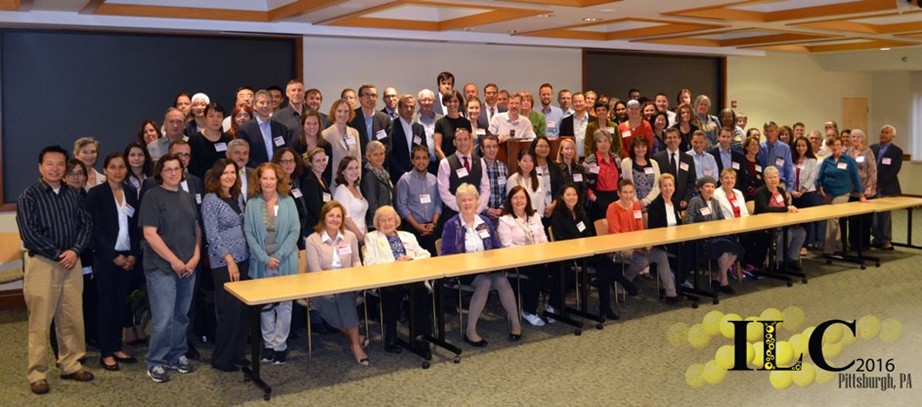
ILC representation also continues to expand at major oncology meetings including the San Antonio Breast Cancer Symposium (SABCS), Great Lakes Breast Cancer Symposium, and ESMO Breast Cancer Congress





